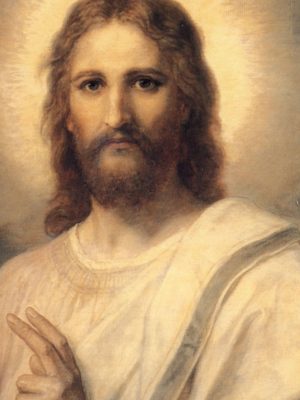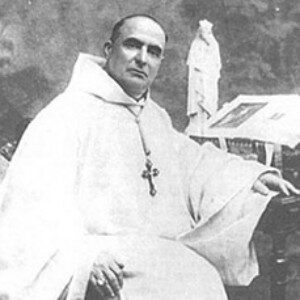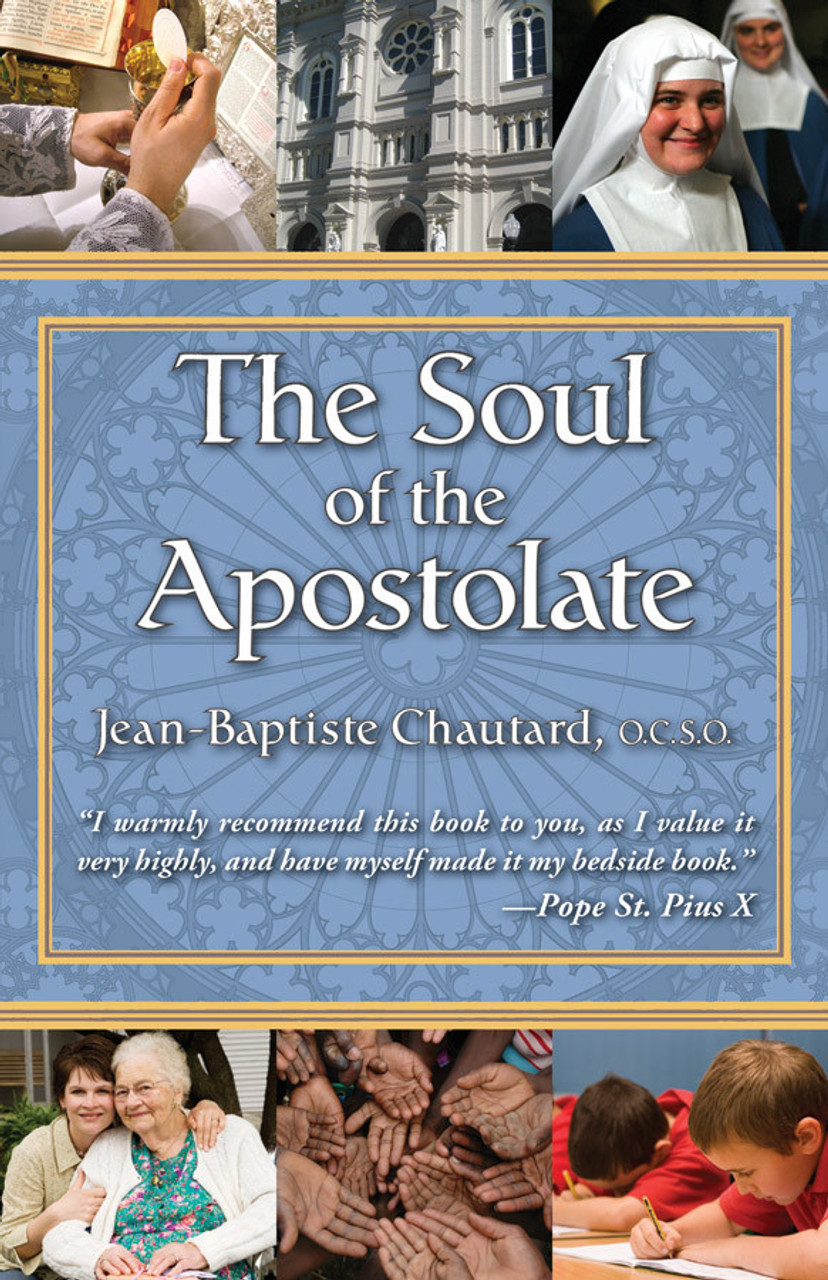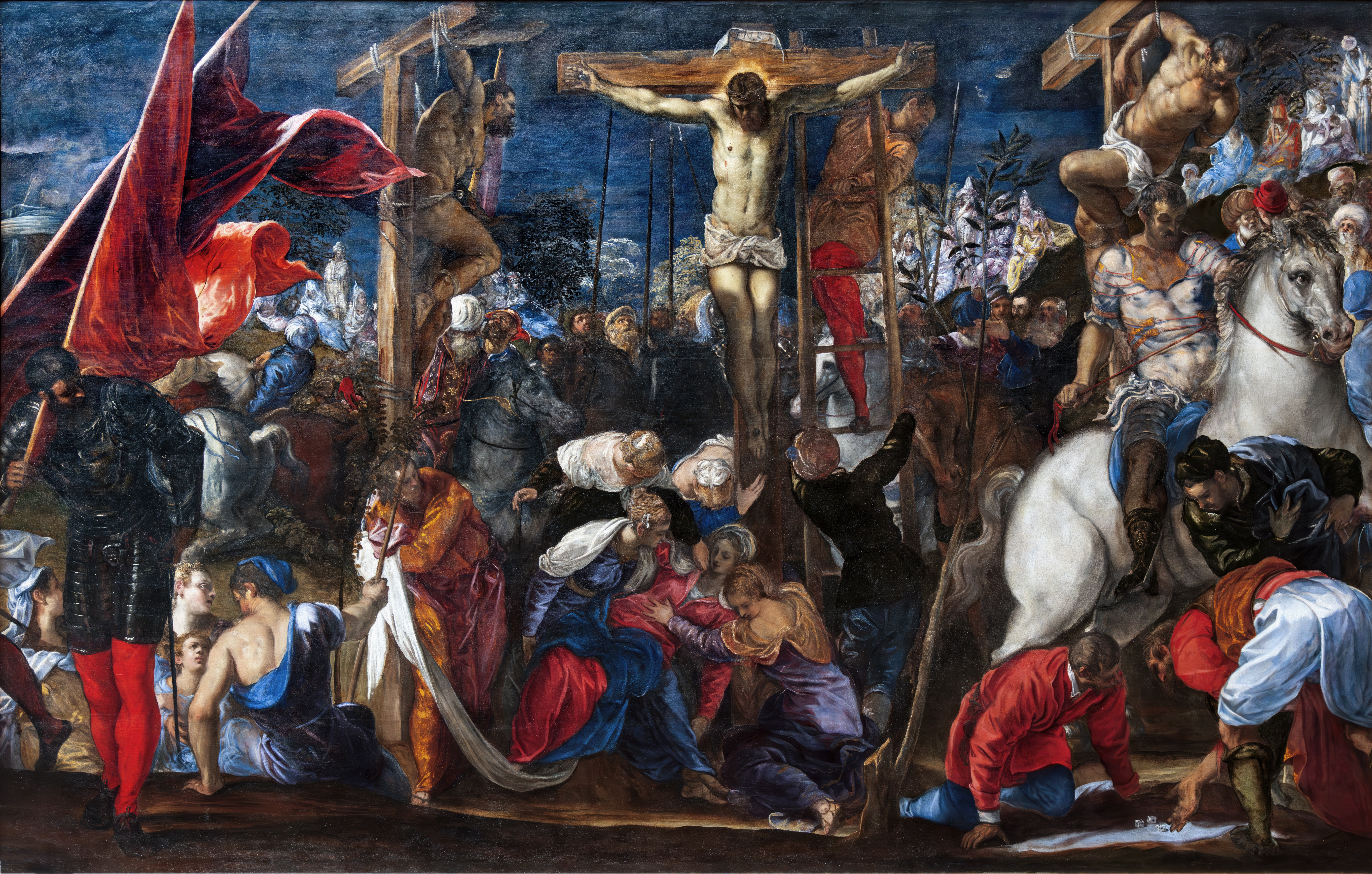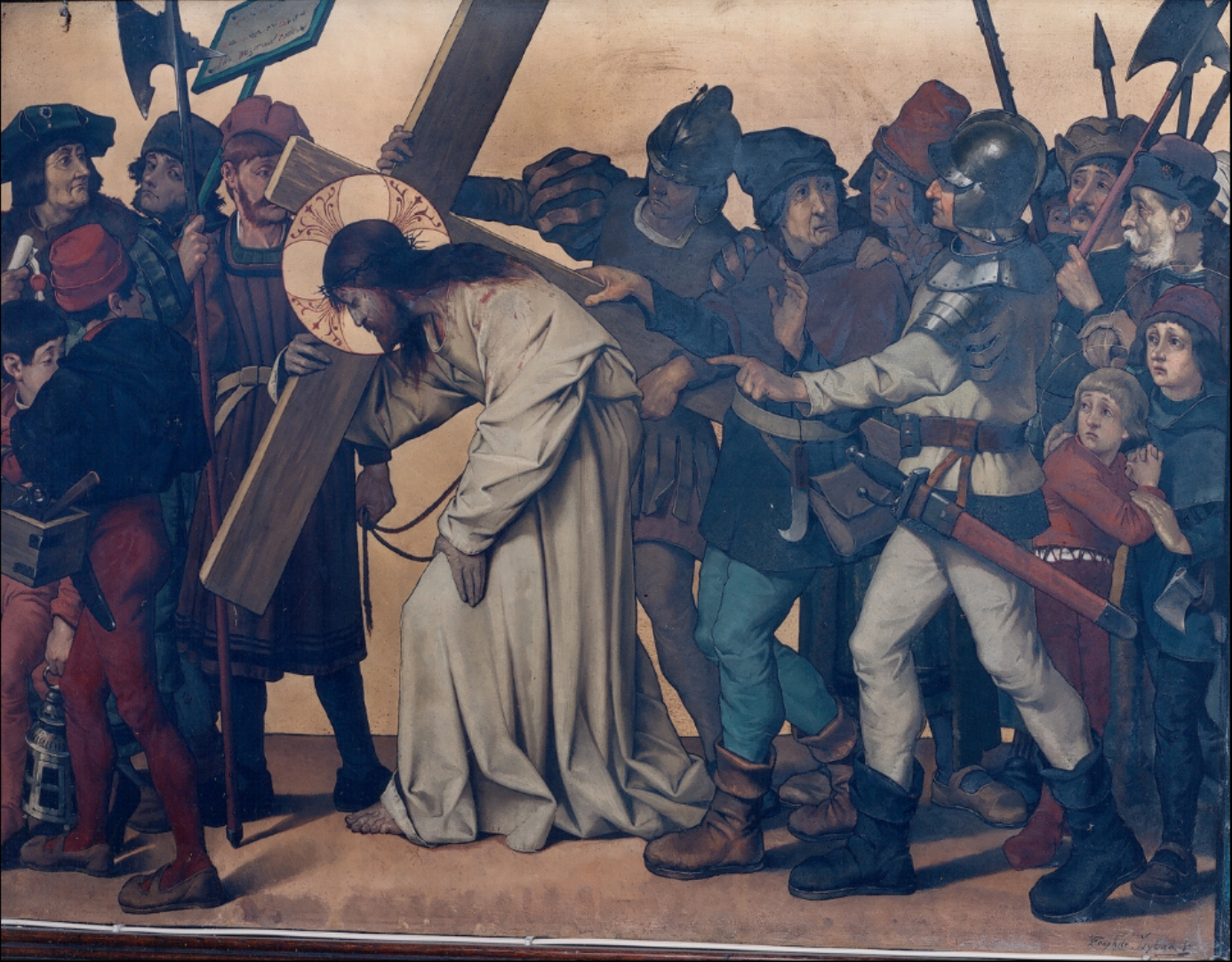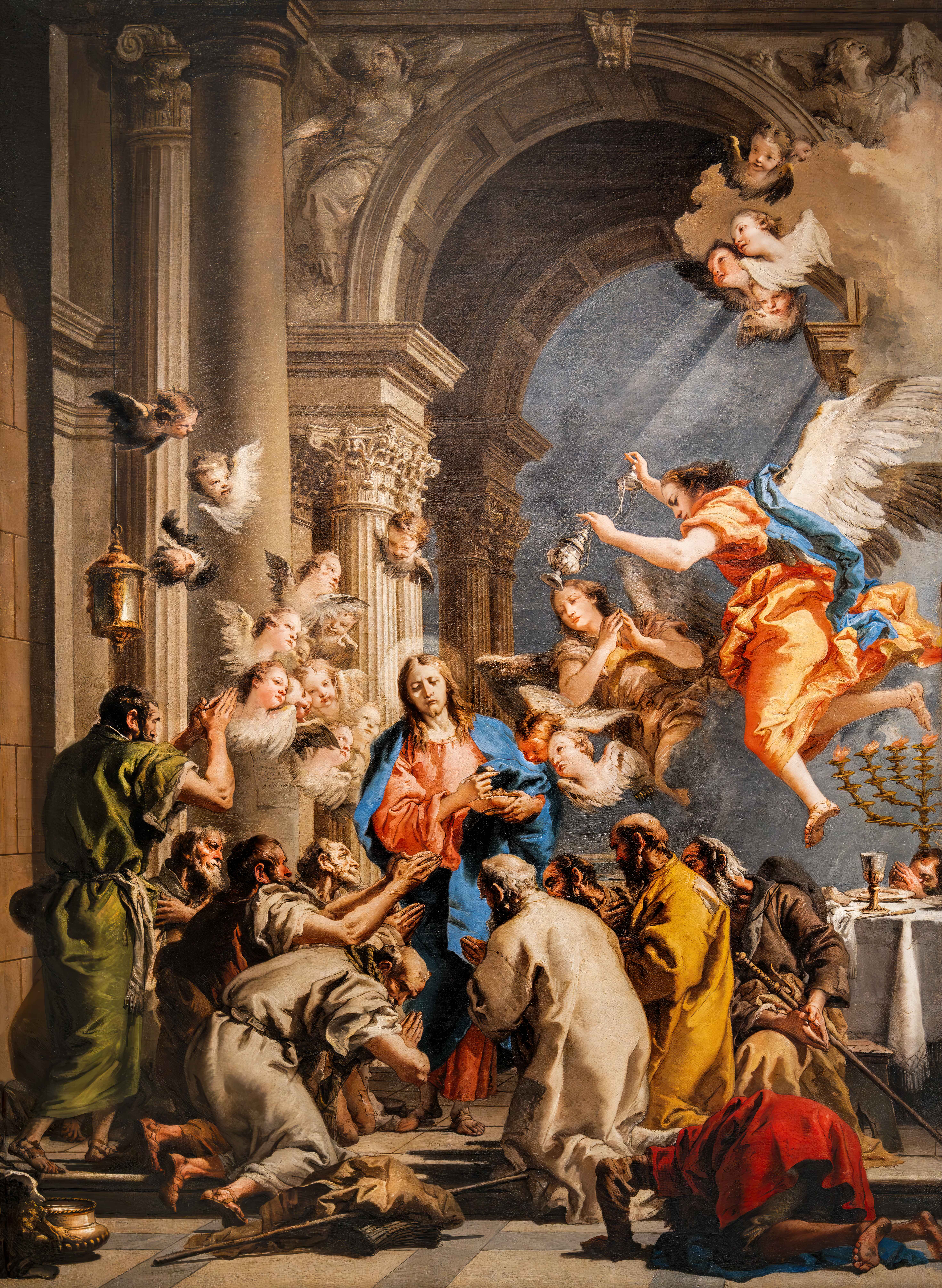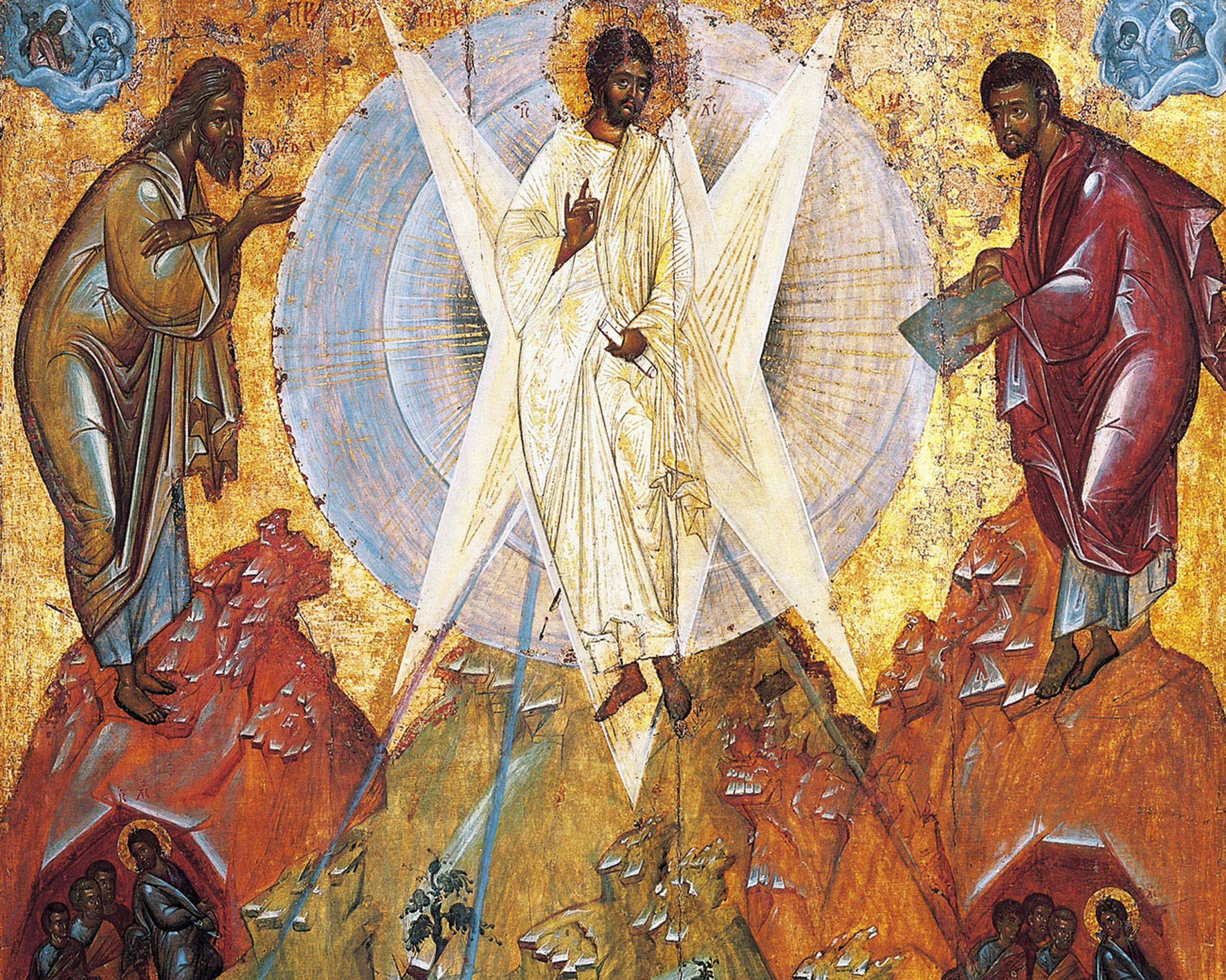God wills that the life principle of our work be Christ Himself. Jesus is the Source and the Life, without Him nothing can be. Follow along with Dom Jean-Baptiste Chautard as he reflects upon this Truth in his work, The Soul of the Apostolate.
God Wills That the Life Principle of Our Work Be Christ Himself
Science is proud of its immense success, and justly so. And yet there is one thing which always has been, and always will be, impossible to it: to create life, to produce, from a chemical laboratory, a grain of corn, a larva. The wholesale discomfiture of the defenders of spontaneous generation shows us, clearly enough, how little there is in these claims. God reserves for Himself the power of creating life.
In the vegetable and animal order, living beings can grow and multiply: but still, their fecundity only operates under definite conditions laid down by the Creator. But as soon as there is question of intellectual life, God reserves this to Himself, and He is the One who directly creates the reasoning soul. And yet there is one other realm which he guards even more jealously still, that of Supernatural life, which flows from the divine life communicated to the humanity of the Incarnate Word.
Per Dominum nostrum Jesum Christum, Per Ipsum et cum Ipso et in Ipso.
Jesus Is the Only Source
The Incarnation and Redemption establish Jesus as the Source, and the only Source, of this divine life which all men are called upon to share. The essential activity of the Church consists in spreading this life through the Sacraments, Prayer, Preaching, and all other works connected with these.
God does nothing except through His Son. “All things were made by Him and without Him was nothing made that was made.” True as this is in the natural order, how much more so is it in the supernatural order, when it is a question of imparting His inner life, and causing men to share in His own nature, making them children of God.
“I am come that they may have life. In Him was life. I am the life.” What precision there is in these words! And what light, in the parable of the vine and the branches, in which the Master develops this truth! With what insistence he strives to impress upon the minds of the Apostles the fundamental principle that HE ALONE, JESUS, IS THE LIFE, and the consequence that, in order to share in that life and communicate it to others, they must be grafted on to the God-man.
Men, called to the honor of working with the Savior in transmitting this divine life to souls, ought to consider themselves mere channels, whose function it is to draw from this one and only source.
Failure, on the part of the apostle, to realize this principle, and the illusion that he could produce the slightest trace of supernatural life without borrowing every bit of it from Jesus Christ, would lead us to believe that his ignorance of theology was equaled only by his stupid self-conceit.
If the apostle, while recognizing in theory that the Redeemer is the primary cause of all divine life, were to forget this truth in his actions and, blinded by insane presumption, were to insult Jesus Christ by relying on his own powers, it would be a lesser disorder than the preceding, but one just as insufferable in the sight of God.
To reject the truth, or to ignore it in one’s actions, always constitutes an intellectual disorder in doctrine or in practice. It is the denial of a principle on which our conduct ought to be based. Obviously, the disorder will be still further aggravated if the clear light of truth is obscured and obstructed, in the heart of the active laborer, by his opposition, through sin or voluntary lukewarmness, to the God of all light.
Heresy of Good Works
Now for a man, in his practical conduct, to go about his active works as if Jesus were not his one end only life principle, is what Cardinal Mermillod has called the “HERESY OF GOOD WORKS.” He uses this expression to stigmatize the apostle who so far forgets himself as to overlook his secondary and subordinate role, and look only to his own personal activity and talents as a basic for apostolic success. Is this not, in practice, a denial of a great part of the Tract on Grace? This conclusion is one that appalls us, at first sight. And yet a little thought will show us that it is only too true.
Even setting aside revelation altogether, the plain light of sane philosophy makes it impossible for us not to pity a man who, for all his remarkable gifts, refuses to recognize God as the principle of the marvelous talents that all observe in him.
What would be the feelings of a Catholic, thoroughly instructed in his religion, at the sight of an apostle who would boast, at least implicitly, that he could do without God in communicating to souls even the smallest degree of divine life?
“He is crazy!” we would say, if we heard an apostolic worker using such words as these: “My God, just do not raise any obstacle to my work, just keep out of my way, and I guarantee to produce the best results!” Our feelings would be a mere reflection of the aversion excited in God by the spectacle of such disorder: by the spectacle of presumption carrying its pride to such limits as to wish to impart supernatural life, to produce faith, to put an end to sin, incite men to virtue, and without attributing these effects to the direct, unfailing, universal, and overwhelming action of the Blood of God, the price, the cause, and the means of all grace and of all spiritual life.
Therefore, God owes it to the Humanity of His Son to make fools of these false Christs by paralyzing the works of their pride, or by allowing them to pass away as a momentary mirage.
Setting aside everything that works upon souls ex opere operato, God owes it to the Redeemer to withdraw from the apostle who is inflated with his own importance, all His best gifts, and to reserve these for the branch that humbly recognizes that all its life-sap comes from the Divine stock.
Otherwise, if He were to bless with deep and lasting results the work filled with the poison of this virus we have called the Heresy of Good Works, God might seem to be encouraging this abuse and favorings its contagious spread.
ooo
This article is taken from a chapter in The Soul of the Apostolate by Dom Jean-Baptiste Chautard, O.C.S.O. which is available from TAN Books.


